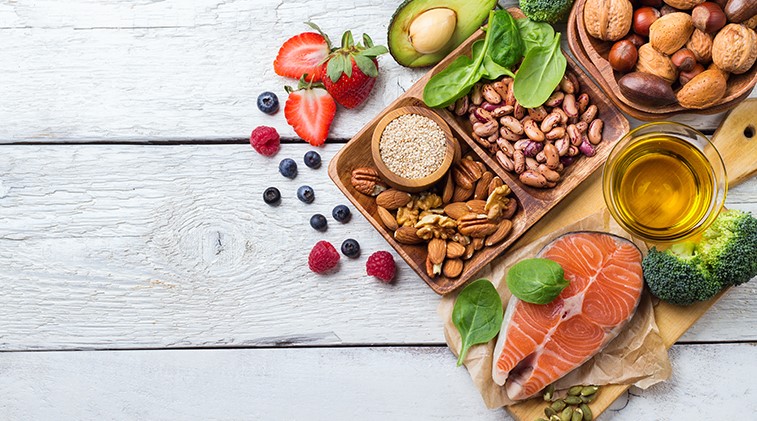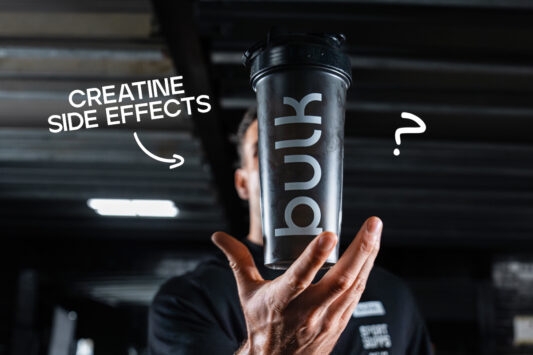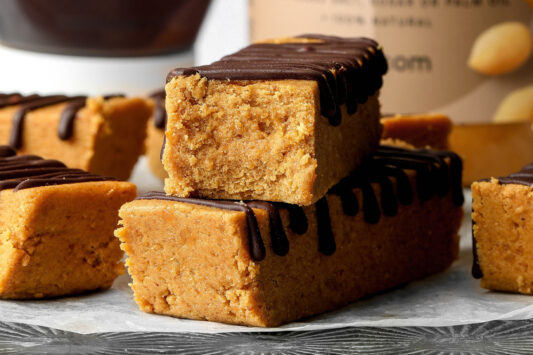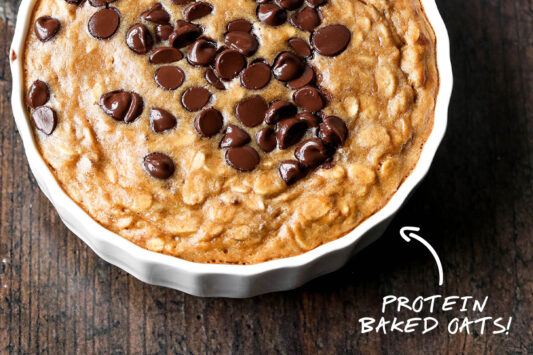The influence of food type, nutrient timing and meal frequency
In part one of these articles we discussed how energy balance, commonly referred to as ‘calories in versus calories out’, influences either weight loss or weight gain. We then went a little deeper and discussed the roles of macronutrients in this process as they have a big influence on our energy balance, fuel storage and profoundly influence the ‘nature’ of weight loss or weight gain. In this article we are going to assess the next ‘level’ of depth when it comes to the influence of energy intake, which will include… do the sources of our macronutrients matter? Is meal frequency and meal timing important? And if so, how important are they?
Although macronutrient amounts and the energy they provide is the most important factor in reaching our goals, we do need to pay some attention to where they come from. For example, not all protein sources are created equal. Ensuring our protein is from high quality sources, defined as containing all our essential amino acids and enough leucine to trigger protein synthesis (we’ll get back to this in the meal frequency discussion), is important for maintaining and building muscle; these include meat, fish and dairy sources of protein such as whey protein1.
In terms of carbohydrates, we want to be consuming mostly whole food sources, such as fruits vegetables, and starchy carbohydrates like rice and oats. From a purely energy perspective, it really doesn’t matter where we get our carbs from, but we should also consider health and satiety (feelings of fullness). The foods outlined above are going to help promote healthier fat loss or muscle gain, as well as help to keep the body feeling full. However, more simple ‘sugars’ like glucose or other carbohydrate powders are available, but these should be used in appropriate amounts and at times that are going to be of benefit to fuelling your body, boosting performance and restocking glycogen after exercise.
There is still some debate surrounding fat intake and whether saturated fats (those found in meat and dairy) are as bad for you as was first thought, especially in the context of a generally healthy diet2. The occasional portion of dairy, fatty meat or coconut oil can be included as a proportion of our fat intake without concern, especially as a part of a balanced diet. However, our two essential fatty acids omega-6 and omega-3 are unsaturated fats. If we eat plenty of whole grains, lean meats, nuts and seeds then our omega-6 will be taken care of. Omega-3, in its most useful form is found in fish, but if you don’t eat fish regularly then supplementing with 2-3g of fish oil should cover your daily requirements for health3. To play it ‘safe’, if using added fats in your diet, then stick to things like unsaturated vegetable oils and nut butters.
Now let’s move on to meal frequency. Studies have shown that the size of meal influences the ‘Thermic Effect of Food’ (TEF), which is the energy used to digest a meal. This means, unlike popular consensus, that eating small regular meals does not increase metabolism. Several smaller meals each with a smaller TEF, will have roughly the same impact as bigger meals with higher TEF, eaten less frequently. In fact, several studies have shown no difference in terms of weight loss or muscle gain between, 3, 4 and 5 meals per day4.
However, for some people, meal frequency might be important. The problem with many of the studies that have assessed meal frequency is that they tend to be low in protein. From a theoretical perspective, this could have a big impact because we know that eating a good amount of a quality protein, around 20-30g, stimulates muscle protein synthesis (MPS)5. MPS is important as it influences the creation of new muscle tissue and is an energy demanding process, so might influence muscle gain and fat loss.
As elevations in MPS only last for 4-6 hours5, then making sure we distribute our protein intake evenly throughout the day MIGHT have some added benefit, but at present it is hard to know the real-world impact that eating every 4 hours, eating say meals a day, would have compared to 3 or 4 meal. In any case, it is still sensible to split your required protein intake evenly at each meal, no matter what your preferred eating patterns are, to make sure MPS is stimulated as frequently and we consume a large amount of protein before bed to keep us fuelled with amino acids overnight. Casein is a perfect supplement for this due to its slow digestion rates providing a steady supply of amino acids for several hours, thus keeping the body in a more anabolic state.
For weight loss, instead of worrying about meal frequency and meal timing, the main thing is ensuring you eat in patterns you can stick to. For example, if you don’t like breakfast and prefer eating meals later in the day, if you’re eating enough protein in your diet, muscle loss is unlikely to occur to any measurable amount. However, if you train fasted it is probably wise to make sure you eat some form of protein – either prior to or immediately after exercise, to help protect muscle tissue. It is important to note that it is somewhat of a myth that not eating breakfast is going to negatively impact on metabolism and that by eating breakfast it going to speed up.
For people serious about building muscle, I would suggest eating some form of protein at breakfast is a good idea. After fasting all night, our body is in a catabolic state, including a small amount of breakdown in muscle to provide amino acids, so feeding the body protein first thing will promote the uptake of amino acids into muscle and act so support muscle growth.
This nicely leads us onto the final subject, post workout protein timing. The idea of an ‘anabolic window’ lasting a few hours after exercise in which you must consume protein is actually a lot larger than people think. Elevations in protein demand are increased for many hours after we train5, especially weight training, so as long as we consume adequate protein in this time period then we should still see result. As with the breakfast issue, this again comes down to how optimal we need to have the diet for our goals.
As exercise breaks down muscle, if we are ‘serious’ about developing muscle tissue, feeding with protein before and immediately after training is probably a wise idea; this seems especially important in experienced trainers as their elevations in protein synthesis caused by training are much shorter lived, so the need to feed protein, which acts synergistically with resistance training, potentially becomes more important.
In summary, calories are king when it comes to changes in weight, with macronutrients influencing how that weight change takes place. Overall, macronutrient and energy consumption is more important than when we consume them or from what sources, however for some people looking to ‘optimise’ their diet there may be a slight advantage to using appropriate meal frequency and the timing of carbohydrate and protein in and around our workouts.
Ultimately, whatever our goals, we should be focused on achieving them in the healthiest way possible, using nutrient dense, whole foods and using eating patterns that are targeted towards them. For most that should be what they find easiest to adhere to, for others such as athletes, what is optimal to help give them every chance of success.
References
- Millward et al., (2008) Protein quality assessment: impact of expanding understanding of protein and amino acid needs for optimal health. American Journal of Clinical Nutrition
- Hopper et al., (2015) Reduction in saturated fat intake for cardiovascular disease (Review). Cohrane Library Review.
- Calder (2014) Very long chain omega-3 (n-3) fatty acids and human health. European Journal of Lipid Science and Technology.
- Bellisle et al., (1997) Meal frequency and energy balance. British Journal of Nutrition.
- Guimarães-Ferreira et al., (2014) Synergistic effects of resistance training and protein intake: Practical aspects. Nutrition.
















